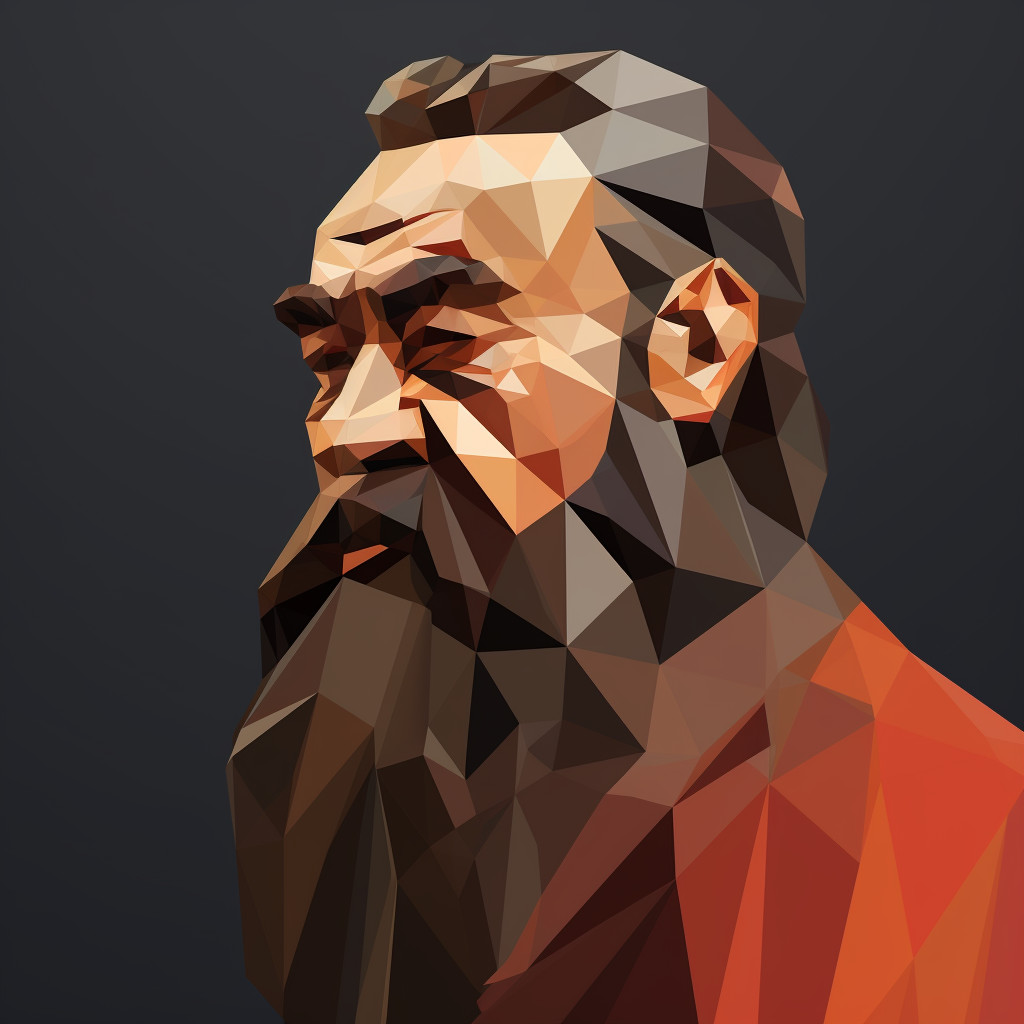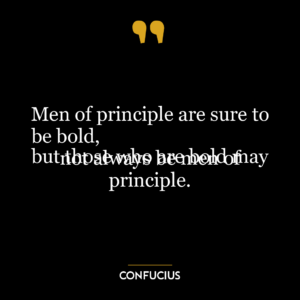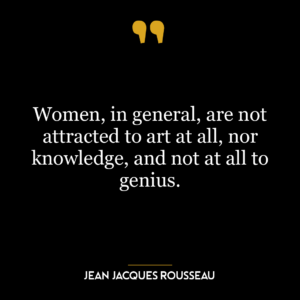This quote essentially underscores the significance of humility in the pursuit of knowledge. It suggests that true wisdom lies in the recognition of one’s own ignorance. The more we learn, the more we realize how little we actually know. This is a paradox of knowledge; it expands and simultaneously highlights the vastness of what remains unknown.
This idea is deeply rooted in the philosophy of Socratic irony where Socrates, a classical Greek philosopher, claimed to know nothing despite being recognized as one of the wisest men of his time. He believed that this acknowledgment of ignorance led to openness, curiosity, and eagerness to learn, which are fundamental to gaining wisdom.
In today’s world, this idea is more relevant than ever. We live in the information age, where knowledge is abundant and easily accessible. However, the danger lies in becoming complacent, assuming we know everything because information is just a click away. Recognizing our own ignorance can keep us humble, curious, and open to new ideas and perspectives.
In terms of personal development, this concept encourages lifelong learning. It pushes us to question our assumptions, seek out new experiences, and continually expand our understanding. It reminds us that there is always room for growth and improvement. This can lead to a more enriching life filled with continuous learning and exploration.
Moreover, acknowledging that we “know nothing” can also foster empathy and understanding. It helps us realize that our perspective is not the only one, and there is always something to learn from others’ experiences and viewpoints. This can improve our relationships and interactions, contributing to both personal and professional growth.










